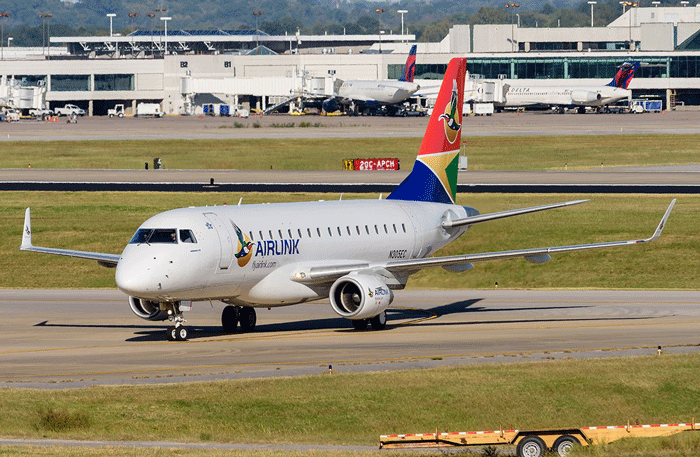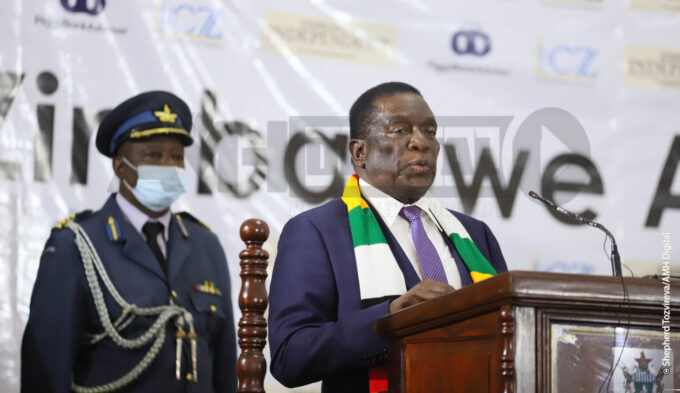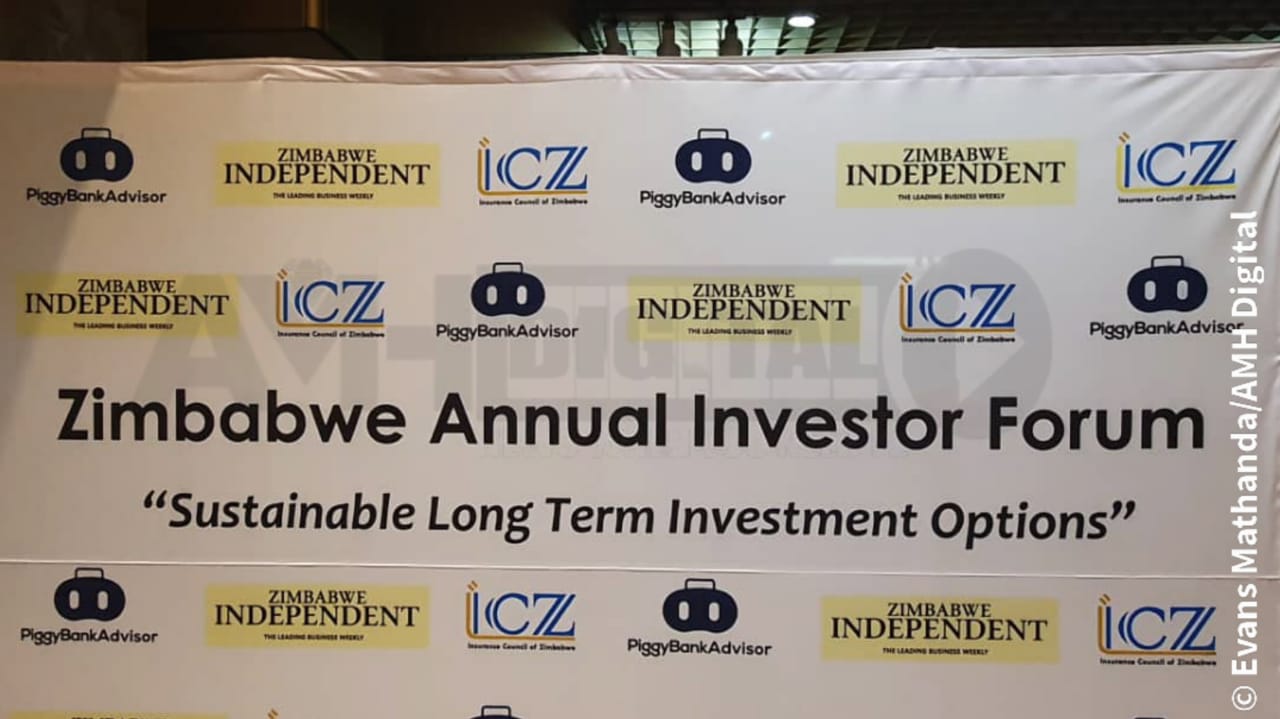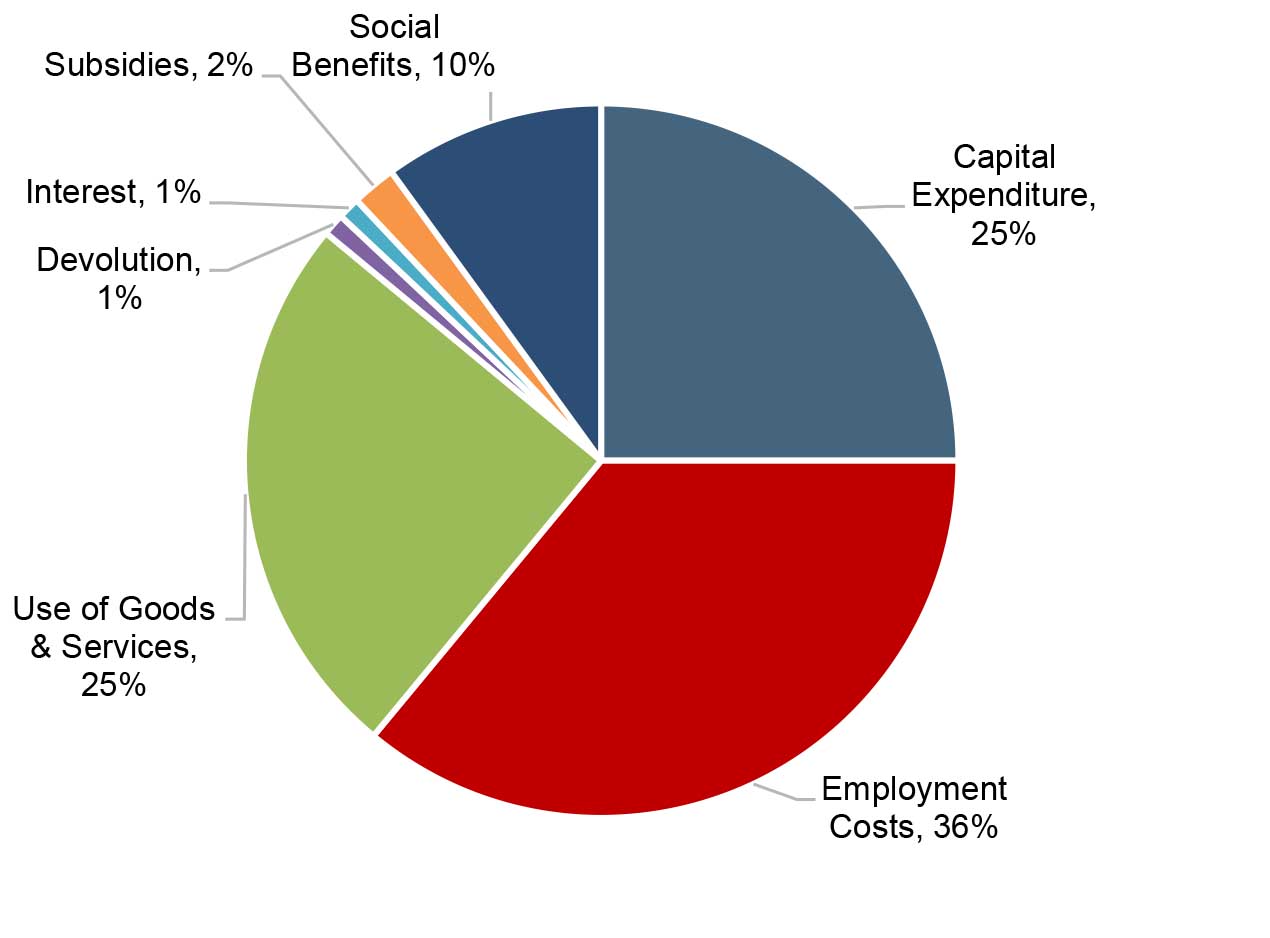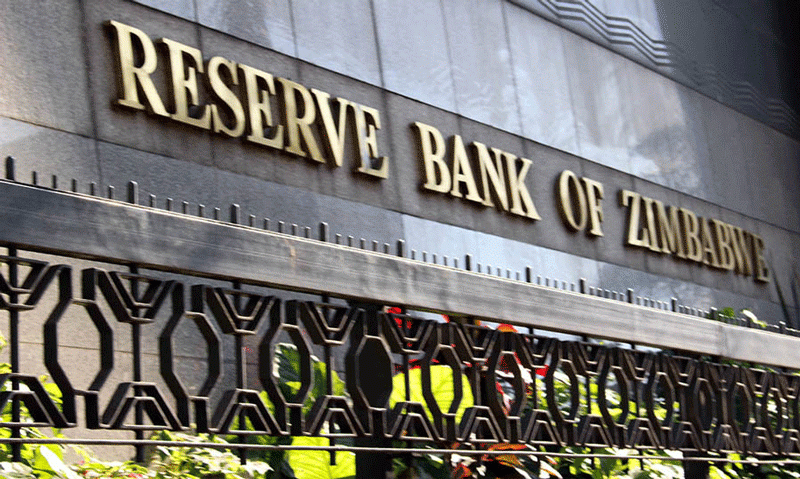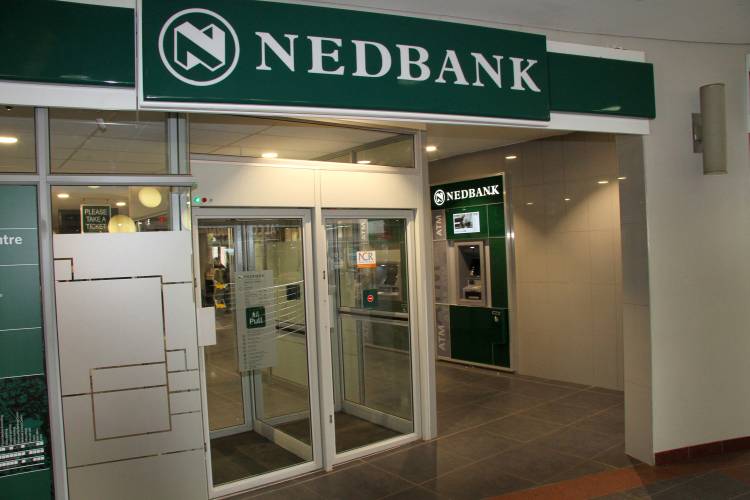
BY TAURAI MANGUDHLA
JOHANNESBURG Securities Exchange (JSE)-listed regional lender, Nedbank Group said on Wednesday it sees positive spinoffs in its Zimbabwean unit, with green shoots already emerging following a difficult phase.
The global banking system has not been spared by Covid–19 induced lockdowns in the past two years.
In an interview with businessdigest after presenting financial results for the year ended December 31, 2021, Nedbank Group Managing Executive for Africa Terrence Sibiya said Zimbabwe would be among the markets driving the giant’s growth strategy.
“From our perspective, Zimbabwe is a key market for Nedbank,” Sibiya said.
“We have carefully observed the changing economic climate, albeit still difficult trading conditions. We are seeing some green shoots and elements of improvement.
“Zimbabwe is a strong performer within the African region. It doesn’t seem that big but in the regional business it is a significant contributor to the regional balance sheet.
Zimbabwe plays a critical role alongside Namibia and Mozambique. It is difficult to place it in a chronology, but the reality is that the economy of Zimbabwe as well as the performance of Nedbank Zimbabwe is a key contributor in the performance of our overall business,” he added.
- Chamisa under fire over US$120K donation
- Mavhunga puts DeMbare into Chibuku quarterfinals
- Pension funds bet on Cabora Bassa oilfields
- Councils defy govt fire tender directive
Keep Reading
The Nedbank Group reported a 115% growth in headline earnings growth during the review period to R11,7 billion (US$777million) on account of significantly lower impairments, a higher net interest margin and recovery in non-interest revenue growth.
Disciplined expense management and a stronger financial performance from Ecobank Transnational Incorporated, a Nedbank associate, contributed to strong financial performance.
“The operating environment (in South Africa) was more supportive for Nedbank and its clients during the period under review. The South African economy bounced back faster than most forecasters expected from the low base of 2020,” Nedbank CE Mike Brown said in the statement.
“The importance of accelerating structural reforms and energy supply security cannot be overemphasised and they remain key to unlocking faster economic growth and job creation in SA over the medium-to-longer term.”
Headline earnings at the pan-African lender climbed by 115% to R11,7 billion, on account of lower impairments.
Nedbank’s strong performance was also underpinned by a strong recovery in non-interest revenue.
Brown also attributed Nedbank’s growth to “supportive” economic conditions in South Africa.
“In the third quarter the negative impacts of a prolonged third wave of Covid-19 infections, tighter lockdown restrictions, the July civil unrest in parts of the country and frequent power outages weighed heavily on economic activity but trading conditions improved in the last quarter of 2021,” he said.
The firm said pre-provisioning operating profit increased by 9%.
“The key drivers of shareholder value creation were also positive, with net asset value per share increasing by 11%, the group’s (return on equity) ROE improving to 12,5% (2020: 6,2%) and a full-year dividend of 1 191 cents per share at 2,02 times cover. Key balance sheet metrics have all strengthened to above pre-Covid-crisis levels,” the group said.
“The strong financial performance was supported by ongoing strategic delivery. Our managed evolution (ME) technology journey to create a modern, modular and digital IT stack is at 85% completion. The benefits of this are evident in most of our digital metrics showing double-digit growth, as well as target operating model (TOM 2.0) benefits of R967 million being realised, as we move forward towards our target of R2,5 billion by the end of 2023.”
Nedbank is one of Africa’s largest banking groups, with operations in South Africa, Namibia, Eswatini (formerly Swaziland), Mozambique, Lesotho and Zimbabwe, and offshore in the Isle of Man and Jersey.

